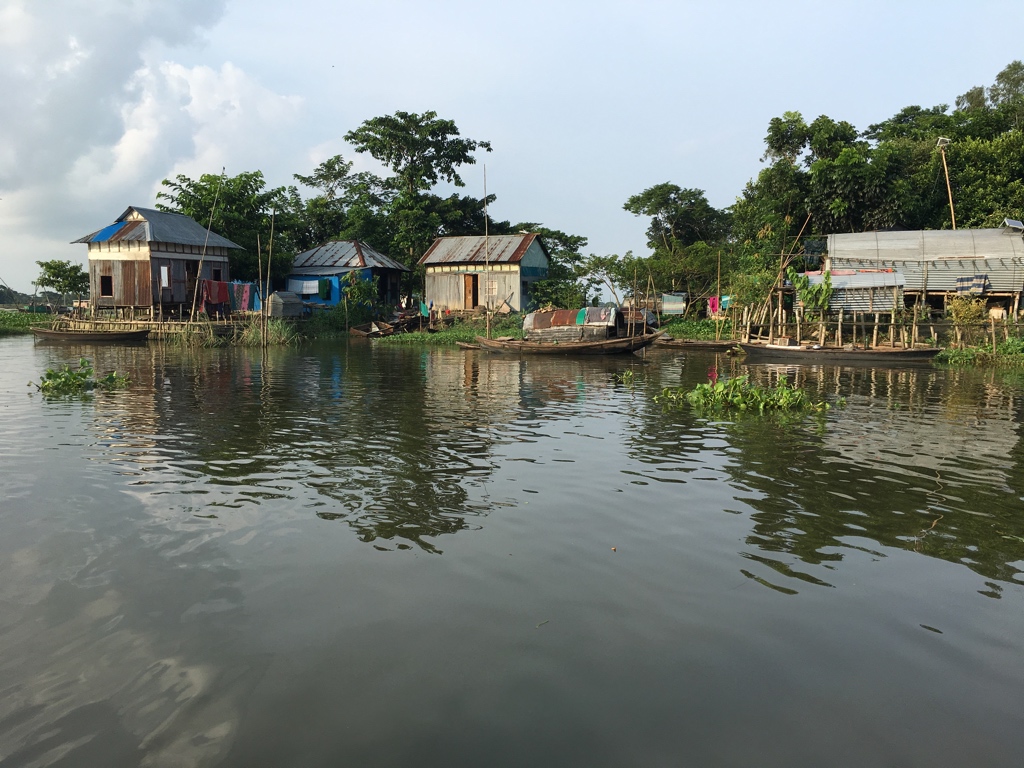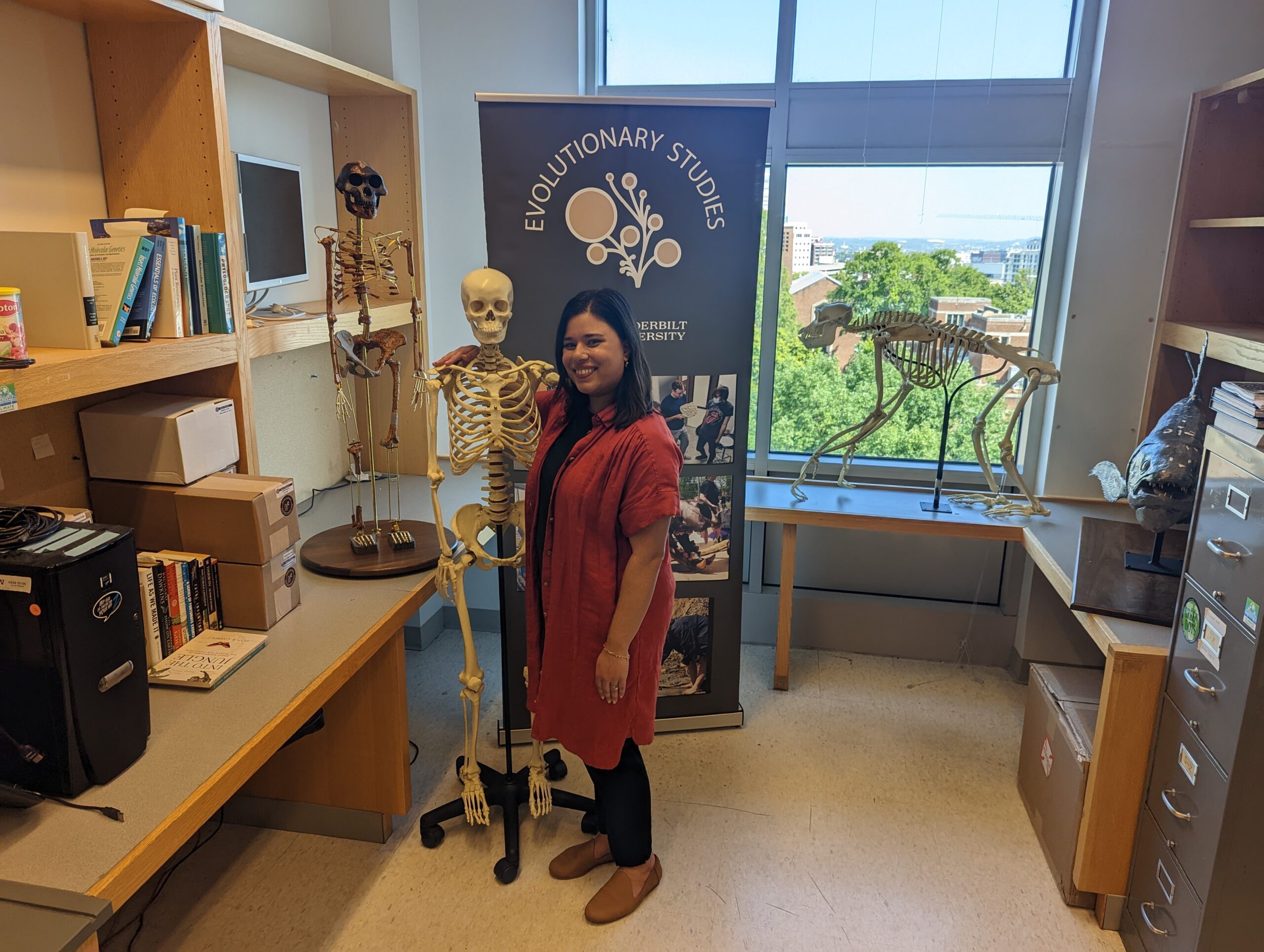Vanderbilt Anthropologist Discovers Lasting Effects from Disasters in Bangladesh
By: Andy Flick, Evolutionary Studies scientific coordinator
Monica Keith, Assistant Professor of Anthropology, recently co-authored a paper addressing severe climate events in Bangladesh and their lasting effects on human health outcomes. Working with Shodagor fishing families in Matlab, the team found that body mass decreased following the flood of 2017 and did not recover by the end of the study period in 2019. This result was true for both children and adults. The data from these fishing communities before 2017 suggest that this group is at high risk of undernutrition.

According to Keith, “we’ve been working with this fishing community since 2014 and know from greater than 5 years of longitudinal data that Shodagor children are generally small according to WHO standards in height, weight, and BMI, and losses in body mass place Shodagor individuals at risk of undernutrition.”
Environmental disasters impact family household economics in this subsistence-based group through both their fishing success and through market inflation that follows widespread crop losses. The Shodagor economy is strongly tied to income from fishing during the wet season. One discovery lead author Katie Starkweather of UI – Chicago didn’t anticipate at the beginning of the study was that flooding would increase the volume of fish caught but decrease the value of the types of fish caught.
According to Starkweather, “we expected catch and income to mirror one another and for both to be lower during this period of time in 2017 than in the same time period in 2018, when flooding did not occur. However, fishers were actually catching a higher volume of fish during this time in 2017 than in the subsequent year, but also earning less money.”
Government assistance comes to the Shodagor community primarily in the form of rice. The team found that families that spent a larger proportion of their income on rice were the most negatively affected. Keith and Starkweather hope results from their study can push policy to come up with a new mechanism for assistance in times of need outside of increased access to rice.
According to Keith, “market inflation that follows crop losses and food shortages leads families to rely more on lower-nutrient foods that are less expensive, such as rice, to meet their basic caloric needs.”
Starkweather continued, “therefore, governmental and non-governmental aid in the form of rice, which is common in Bangladesh and elsewhere, may not be the solution that best-supports people’s health in times of economic or environmental shock.”
Moving forward, Keith and Starkweather are investigating other aspects of the Shodagor environment and their effects on long-term health. This includes modeling seasonal disease ecology and the impact of women’s market trading activities on their children’s illnesses.

Keith also applies her skillset in evolutionary-anthropological data science to research maternal and reproductive health disparities in the US. She received 2 awards from the National Institute of Child Health and Human Development (NICHD) in 2021 for developing a model that causally links social determinants of health with disparities in maternal morbidity via pathways of embodied stress and allostatic load. Keith is continuing to build upon this model and partnering with new collaborators Dr. Mulubrhan Mogos in the Vanderbilt University School of Nursing and Dr. Kathryn Lindley in the Vanderbilt University Medical Center to research disparities in hypertensive disorders of pregnancy in the US.
Citation: Starkweather, K.E., Keith, M.H., tuz Zohora, F., Alam, N. 2023. Economic impacts and nutritional outcomes of the 2017 floods in Bangladeshi Shodagor fishing families. American Journal of Human Biology. 35(1) e23826. https://onlinelibrary.wiley.com/doi/10.1002/ajhb.23826
Funding Statement: Department of Human Behavior, Ecology, and Culture at the Max Planck Institute for Evolutionary Anthropology provided funding and support for this project. Open Access funding enabled and organized by Projekt DEAL.